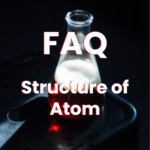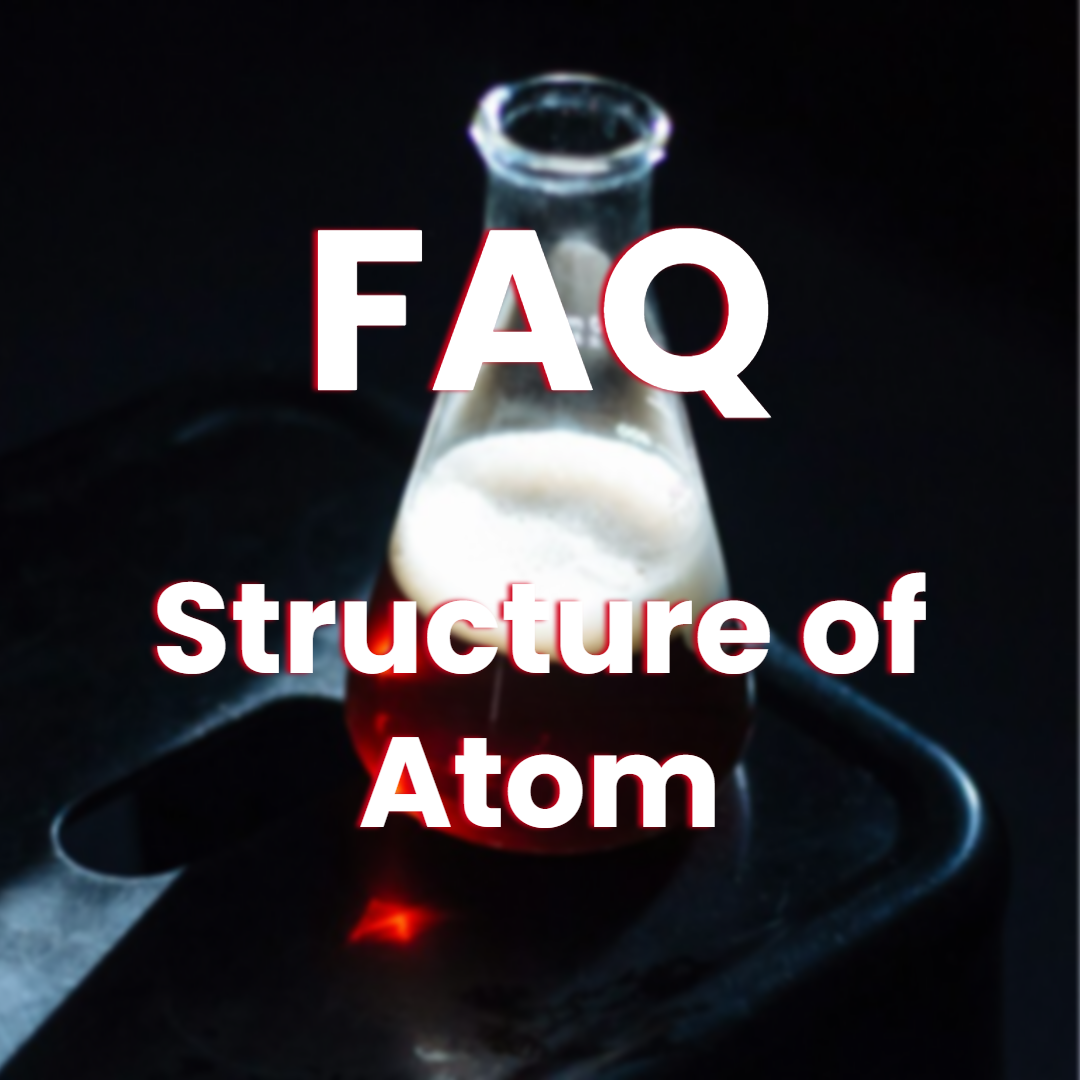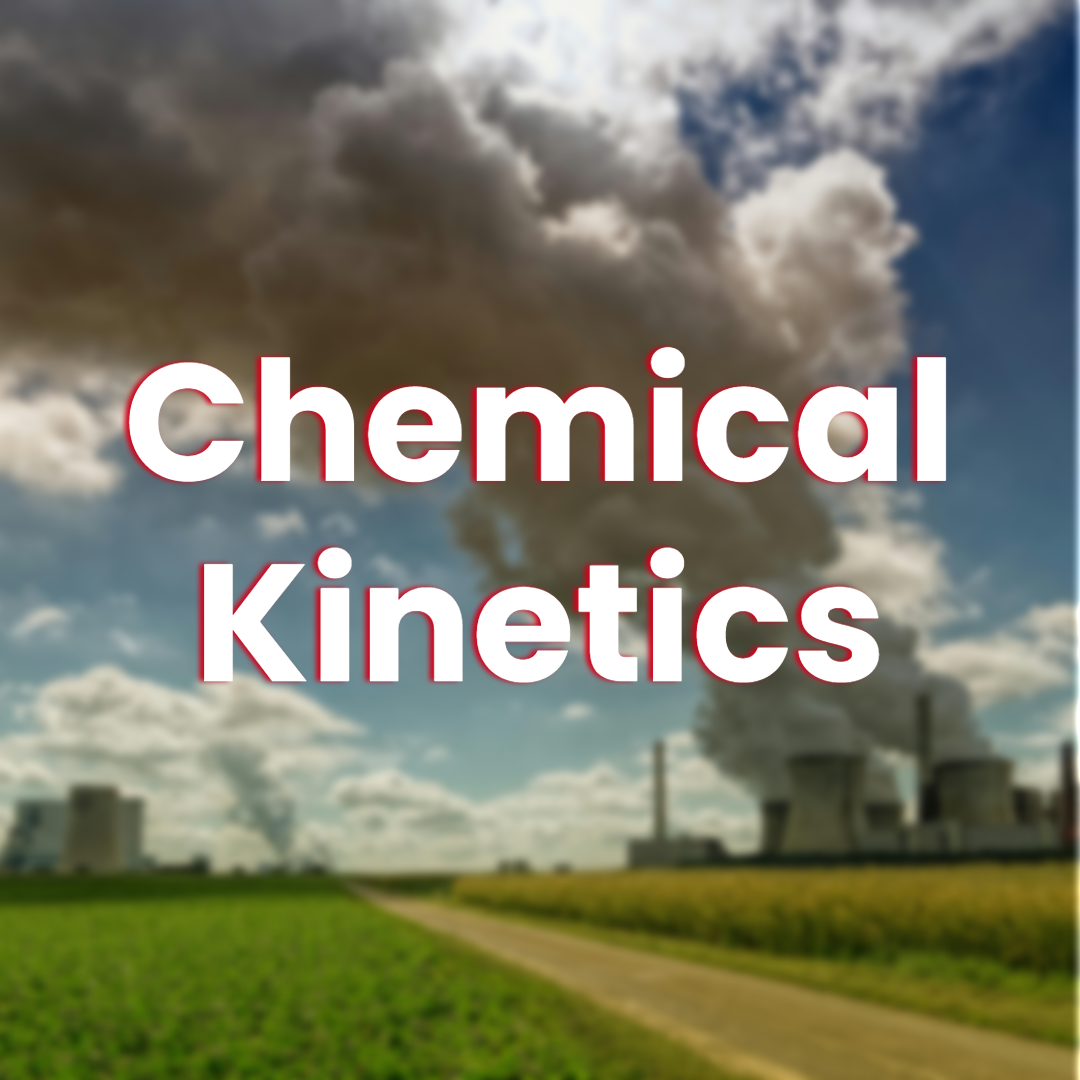Inorganic chemistry stands as a captivating and diverse field within the realm of chemistry, focusing on the study of non-carbon-based compounds and elements. While organic chemistry traditionally emphasizes the chemistry of carbon-containing compounds, inorganic chemistry encompasses a vast array of substances, including metals, minerals, coordination complexes, and inorganic polymers. Let us embark on a journey to unravel the intricacies of inorganic chemistry and understand its significance in shaping our understanding of the natural world and advancing technological innovation.
Understanding the Building Blocks of the Universe
Inorganic chemistry delves into the fundamental properties and behavior of elements and compounds that do not contain carbon. From the noble gases that exist as monatomic species to the transition metals that exhibit diverse oxidation states and coordination geometries, inorganic chemistry encompasses a rich tapestry of elements with unique characteristics and applications. By exploring the electronic structure, bonding, and reactivity of inorganic compounds, chemists gain insights into the periodic trends and principles governing chemical behavior across the periodic table.
Exploring the Diversity of Inorganic Compounds
The scope of inorganic chemistry extends beyond simple salts and minerals to encompass a wide range of compounds with diverse structures and properties. Inorganic compounds may exhibit complex coordination geometries, polymeric structures, or exotic bonding arrangements that defy conventional chemical intuition. Coordination complexes, for example, consist of metal ions surrounded by ligands—molecules or ions capable of donating electron pairs—forming intricate architectures with fascinating electronic and magnetic properties. Inorganic polymers, on the other hand, feature extended networks of metal–ligand bonds, offering unique mechanical, thermal, and optical properties that find applications in materials science and catalysis.
Applications in Catalysis, Materials Science, and Beyond
Inorganic chemistry plays a pivotal role in numerous scientific disciplines and industrial sectors, driving innovation and technological advancement in diverse areas:
- Catalysis: Inorganic catalysts serve as indispensable tools for promoting chemical reactions, facilitating the synthesis of valuable products and intermediates in industrial processes. Transition metal complexes, zeolites, and heterogeneous catalysts enable the selective activation of bonds, the modulation of reaction pathways, and the enhancement of reaction rates, leading to more sustainable and efficient chemical processes.
- Materials Science: Inorganic compounds form the foundation of many advanced materials with tailored properties for specific applications. From semiconductor devices and catalyst supports to magnetic materials and superconductors, inorganic materials exhibit a remarkable diversity of structures and functionalities. Inorganic chemistry contributes to the design, synthesis, and characterization of novel materials with enhanced performance, durability, and functionality, driving progress in electronics, energy storage, and environmental remediation.
- Environmental Chemistry: Inorganic chemistry plays a crucial role in understanding and mitigating environmental pollution and remediation. Inorganic pollutants such as heavy metals, metalloids, and metal complexes pose significant risks to ecosystems and human health. Inorganic chemists develop analytical methods, remediation strategies, and sustainable technologies for detecting, monitoring, and removing these contaminants from air, water, and soil, safeguarding the environment and public health.
Conclusion: Embracing the Diversity and Impact of Inorganic Chemistry
In conclusion, inorganic chemistry offers a rich tapestry of elements, compounds, and phenomena that shape our understanding of the natural world and drive technological innovation. By exploring the properties, structures, and reactivities of non-carbon-based compounds, inorganic chemists unravel the mysteries of the periodic table and harness the potential of inorganic materials for diverse applications. From catalyzing chemical transformations to engineering advanced materials and safeguarding the environment, inorganic chemistry continues to inspire curiosity, creativity, and collaboration, paving the way for a more sustainable and prosperous future.
As we continue to explore the frontiers of inorganic chemistry, we gain deeper insights into the fundamental principles governing matter and energy, unlocking new discoveries and pushing the boundaries of scientific knowledge. Through interdisciplinary collaboration and a spirit of inquiry, we strive to harness the power of inorganic chemistry to address global challenges, innovate transformative technologies, and enrich our understanding of the universe.










